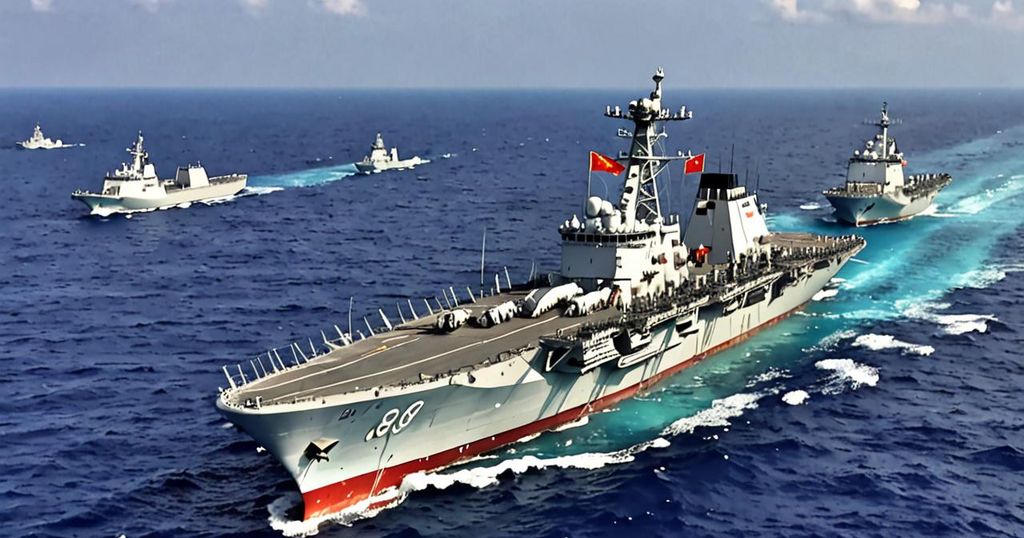The ongoing conflict between China and the Philippines in the South China Sea has raised significant concerns in Manila. The palpable tension has led to public prayers being broadcasted over the radio, appealing to a higher power to keep provocateurs at bay. This clash highlights the need for the Southeast Asian archipelago to engage in diplomatic discussions with both Beijing and Washington in order to de-escalate the situation. However, it is vital for the Philippines not to yield to Chinese demands, as doing so would establish a perilous precedent for other claimants in the region, potentially leading to irreversible consequences.
The South China Sea is a fiercely disputed area, with multiple countries, including China, the Philippines, Vietnam, Malaysia, and Brunei, laying claim to various parts of its waters. China’s assertive actions to fortify its control over the region have only served to exacerbate tensions and raise concerns among neighboring countries and the international community. The recent clash with the Philippines is just one example of the challenges posed by China’s increasingly aggressive posture.
As the dispute continues to unfold, it is important to consider the broader implications of capitulating to Chinese demands. By giving in to Beijing’s pressure, the Philippines would essentially be endorsing China’s dominance in the South China Sea, setting a precedent that could have far-reaching consequences. Other claimants in the region would likely face increased difficulty in asserting their own rights, leading to a situation that would be exceedingly challenging to reverse.
In the midst of this geopolitical standoff, it is imperative for the Philippines to seek support from its allies and international partners. By working closely with the United States and other like-minded countries, the Philippines can bolster its position and present a unified front against China’s overreach. Through diplomatic channels and multilateral forums, the Philippines can make a compelling case for upholding the principles of international law and ensuring the freedom of navigation in the South China Sea.
Moreover, it is essential for the international community to closely monitor the developments in the South China Sea and unequivocally support the rule of law. By upholding a rules-based international order, countries can collectively push back against unilateral actions that threaten regional stability and security. The South China Sea is a strategic waterway with global implications, and it is incumbent upon all stakeholders to uphold its status as a free and open sea.
In conclusion, the stand-off between China and the Philippines in the South China Sea underscores the complex and risky nature of challenging Beijing’s dominance in the region. As tensions continue to simmer, it is crucial for the Philippines to navigate the treacherous waters of geopolitics with caution and foresight. By standing firm in the face of Chinese pressure and rallying support from its allies, the Philippines can strive to uphold the principles of international law and safeguard its interests in the South China Sea. The stakes are high, but the need to defend the rule-based order in the region is paramount.

Leave a Reply